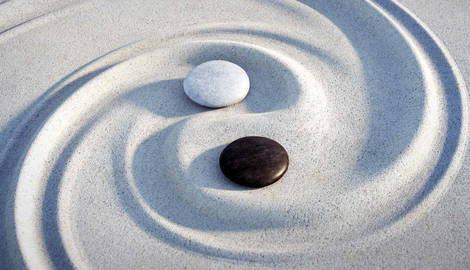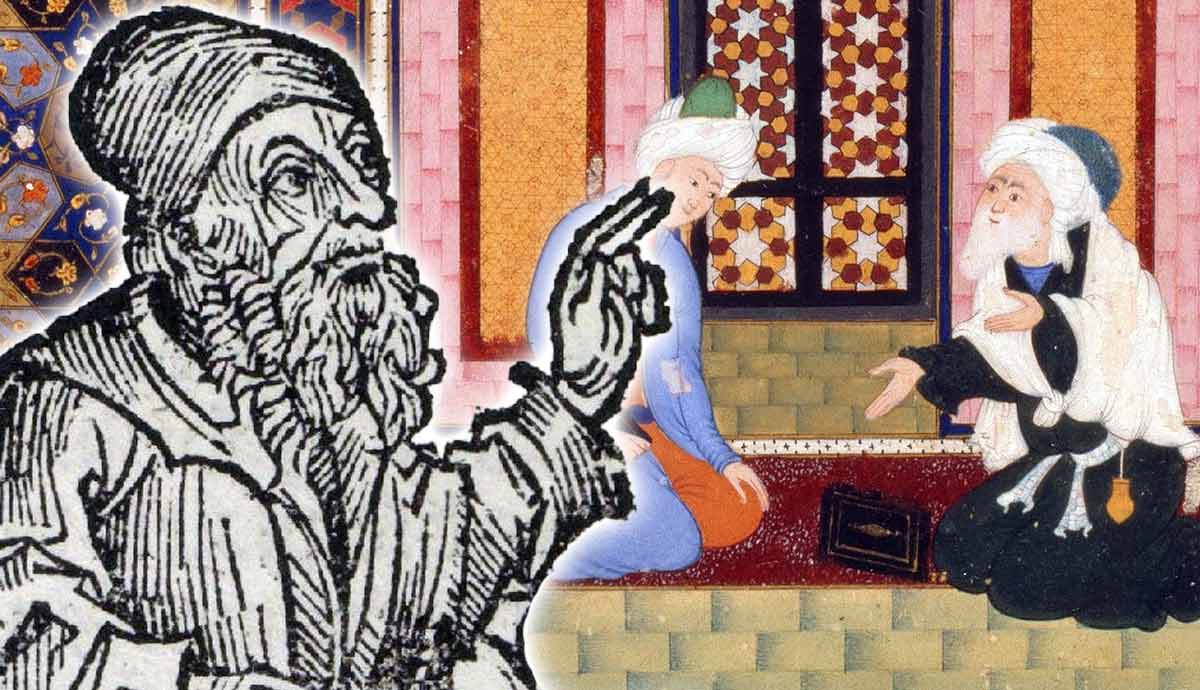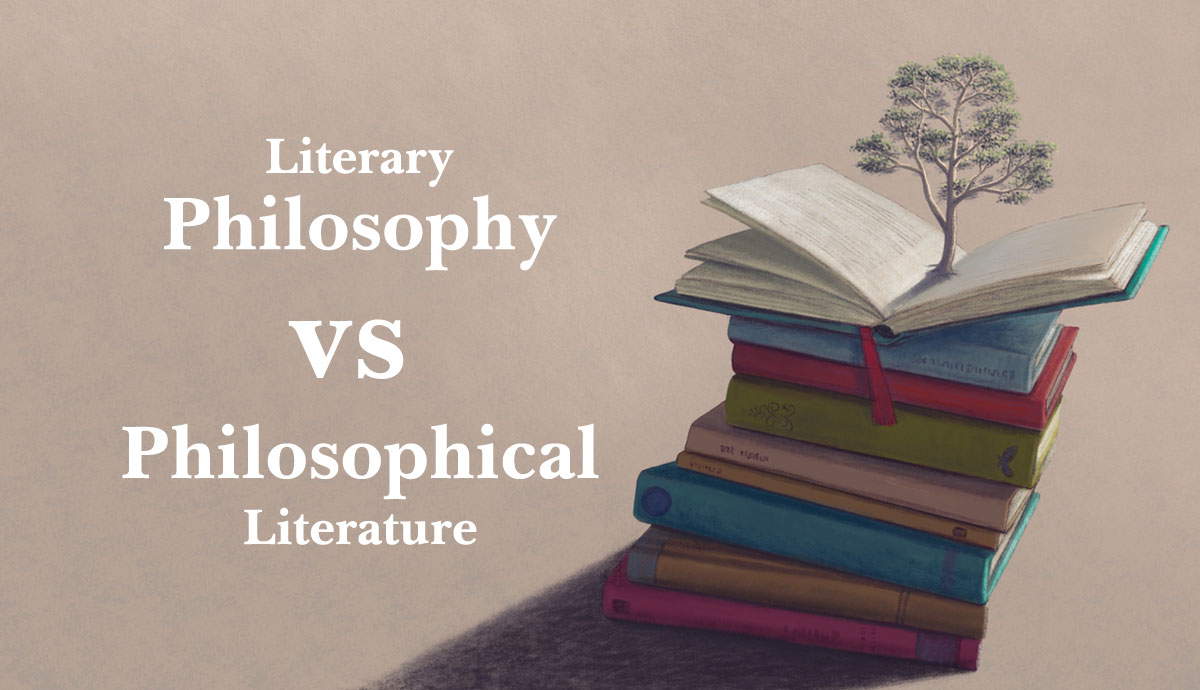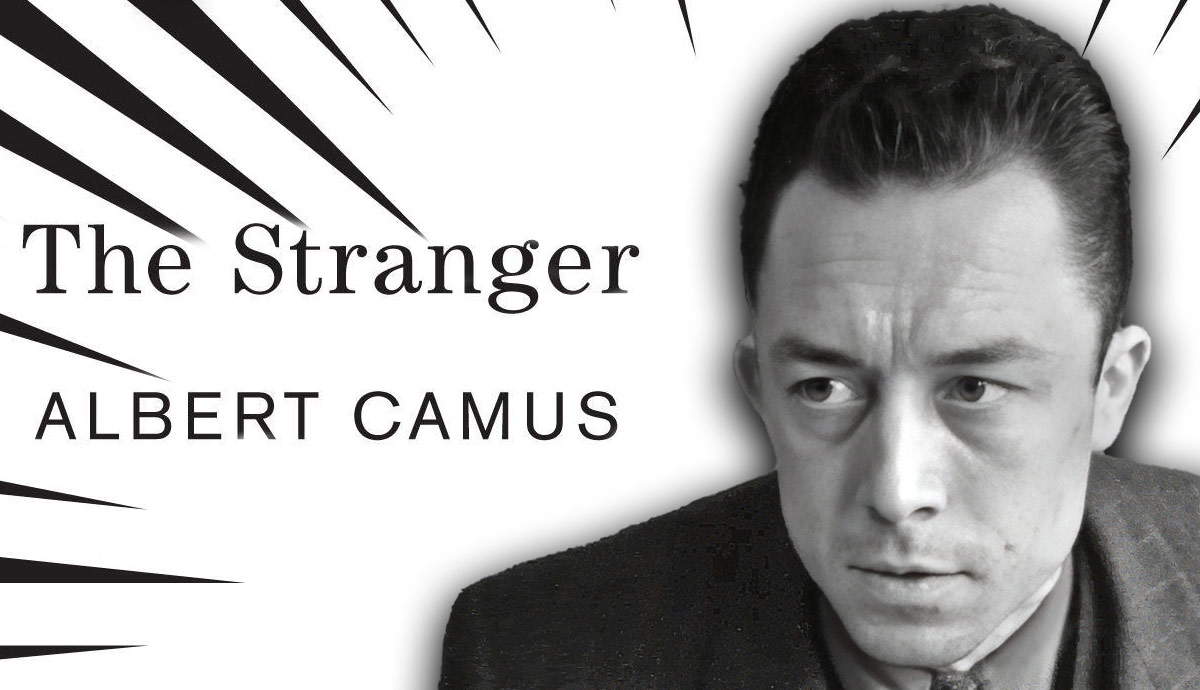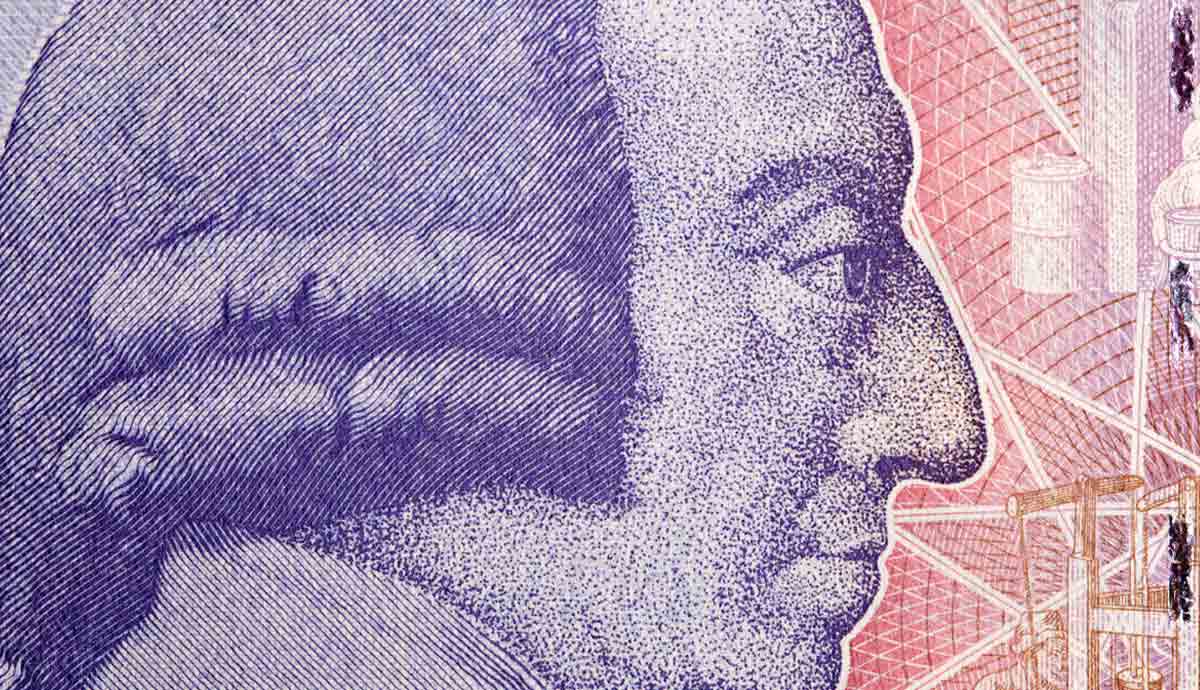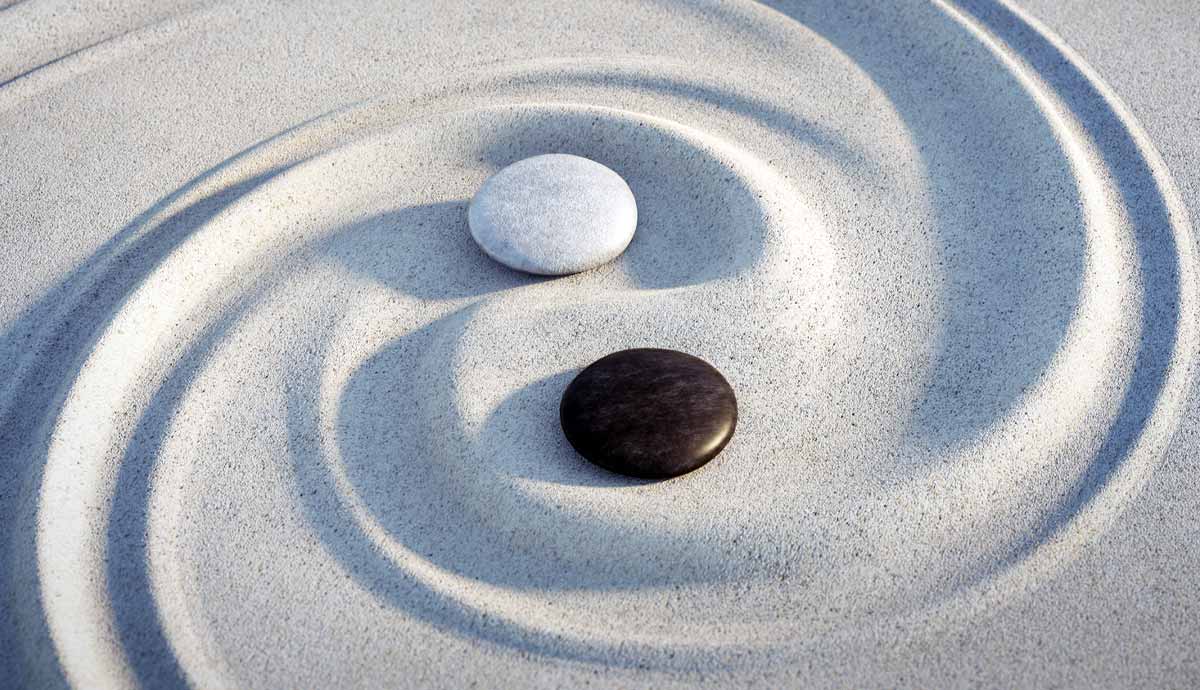
Ancient Taoist wisdom is a way of life that encourages people to flow with nature and welcome life’s ebbs and flows instead of resisting them. Drawing on ideas from Laozi’s texts like the Tao Te Ching, it teaches concepts such as Wu Wei (effortless action), Yin Yang (finding ways to balance opposites), and going with “the Way.” But we’re constantly contactable thanks to technology, while the effects of climate change mean there are new worries on a daily basis. Would turning to Taoism help?
The Taoist Concept of Nature: Understanding the Flow of Life
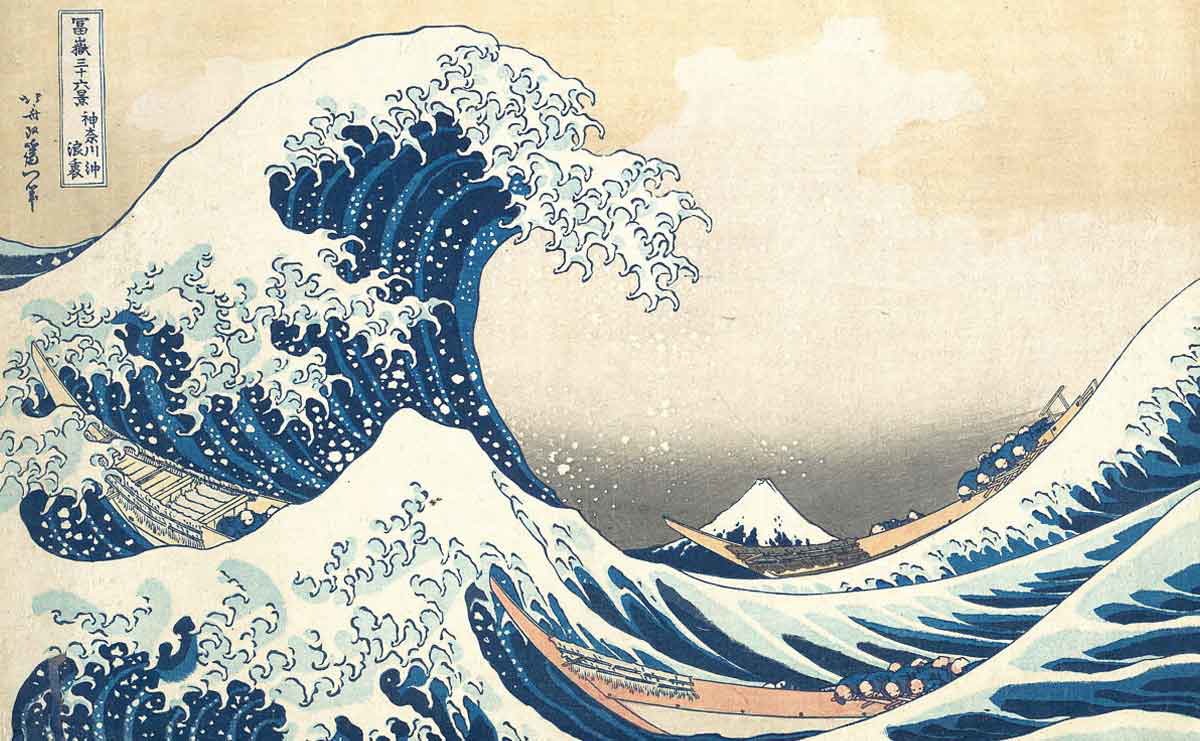
Nature is seen as a perfect self-regulating system in Taoism. Although modern techniques try to control it, adherents of Taoist thought suggest people should adjust themselves to its flow.
Everything—rivers, trees, animals, and human beings included—has the Way (Tao) within it. And this entity glides through them effortlessly: when they swim with the current, things go well; when they do not, problems arise.
Central to Taoist philosophy is the idea of Wu Wei—or action that doesn’t involve struggle. This doesn’t mean doing nothing, but rather means acting in a way that goes with the natural flow of things.
Ziran—another important concept from this belief system—can be translated as “natural spontaneity.” It tells us to act without a plan and so allow events to occur just as they would if we weren’t there.
Laozi teaches us in the Tao Te Ching that nature is wise: “Nature does not hurry, yet everything is accomplished.” This shows how patience can be more effective than forcing things too quickly and causing imbalance.
Zhuangzi uses animals in his parables to show people living freely who are at ease—he suggests this means that following our own instincts rather than obeying rigid rules will bring us closer to an underlying harmony with all things.
As climate change brings potentially catastrophic problems for future generations, there may still be time for humans to take heed of environmental teachings within Daoist thought.
Yin and Yang: Balancing Opposites in a Fast-Paced World
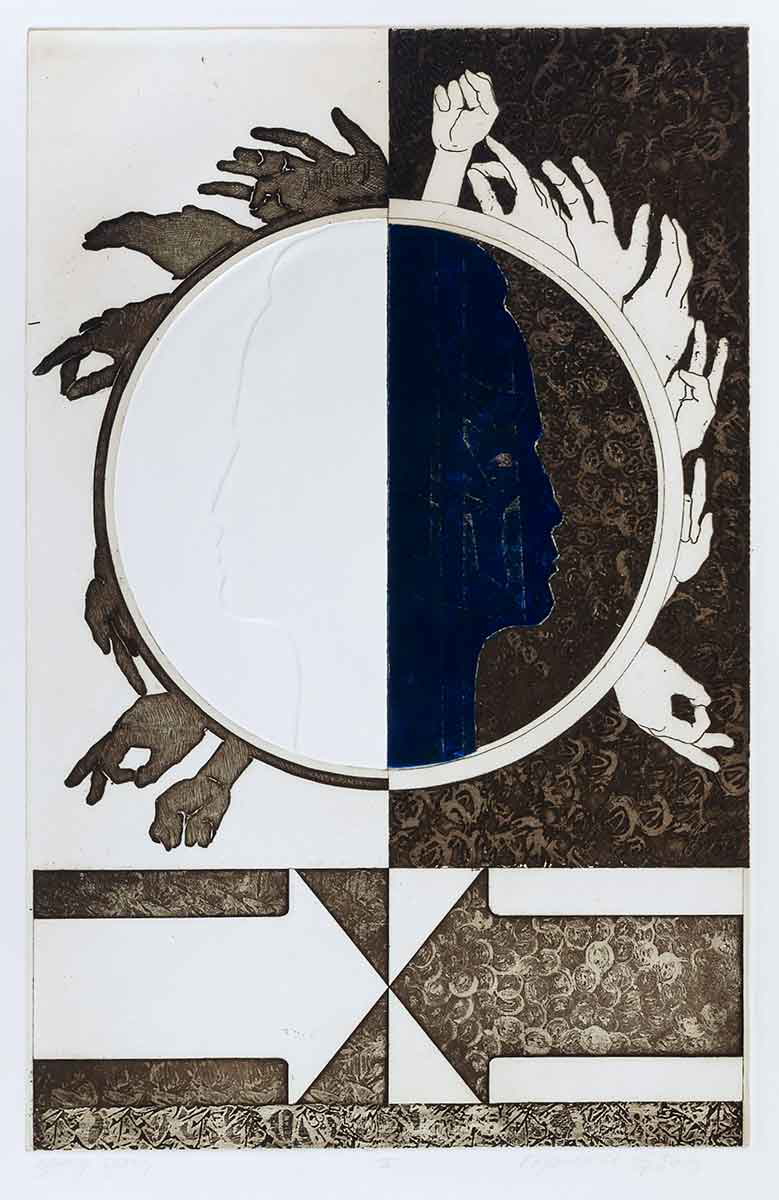
The concept of Taoism that has been discussed above may be summed up as follows: opposites complement each other. It is portrayed by the Yin and Yang, which are in a constant state of motion and change but remain equal. In this case, when two things go well together, they resemble Yin and Yang.
In the present times, many people live very fast and perform an excess of the yang nature. They are always in some kind of a hurry to get everything done for them, make a career, be successful, and stay on the move! However, an imbalance where there is consistently more Yang than Yin results in stress or fatigue (too much Yang).
On the contrary, a person who has abundant Yin but lacks enough Yang may feel frustrated or bored—an experience that still requires energy! Such individuals need an equal measure of both kinds of energy: that is what is referred to as balance.
One way of illustrating this is through the work-life balance. The moment you overwork, you lose your peace of mind, and vice versa, which is also true. Technology and mindfulness serve as a good example as well.
On the one hand, smartphones enhance communication, which is a good thing for us. On the other hand, if not kept under control, an increased level of screen time makes many people lose their connection with the present moment.
According to Taoist wisdom, one should take a break and make changes where necessary. Relax when you have worked hard, take time out from a busy environment, and engage with simple routines in such situations.
It is only possible to be truly healthy in every way by changing from Yin to Yang and vice versa, and not by taking one of these extremes, as is seen in a world full of such cases.
Wu Wei and Simplicity: Adapting to Change Without Forcing It
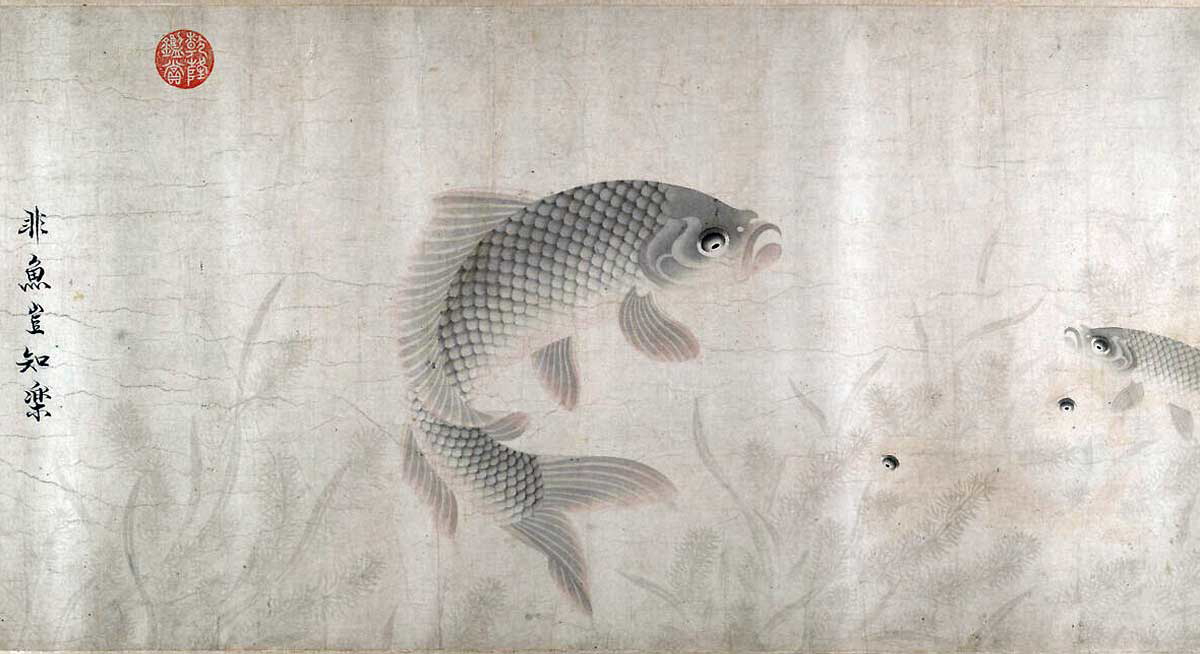
Imagine a leaf floating on the river and going with the current. It follows Wu Wei or the Taoist principle of non-action. Nature takes its course without resistance, and this leaf can move down the river.
On the other hand, we could add that it does not mean one should not act, but one should adapt to the environment so that everything will move on smoothly, even in difficult situations.
In modern society, rushing is part and parcel of our day-to-day lives. We have so many responsibilities that we overwork, plan a lot, and take care of such inconsequential things.
Be that as it may, Taoism proposes that there are times when doing nothing is the best course of action. Instead of going against and resisting issues, an individual can learn from nature, which follows the pressure of the wind and does not snap because of it.
This thought is related to another fundamental Taoist principle, which is simplicity. The more jumble, be it physical, mental, or emotional, a person has, the less they can go with the stream of life.
According to the Tao, one should release everything that is unnecessary. Getting rid of stress and seeing things clearly may follow from applying such Taoist wisdom as minimalism, slowing down, and concentrating on really important issues.
From a practical perspective, Wu Wei is about going with the natural flow—letting things happen naturally instead of trying to control everything. It is a reminder that one should not see life as a competition that must be won, but rather as something that has to be steered through.
Change is inevitable, and when we accept this fact instead of trying to fight against it, we will be in harmony with the course of nature and experience tranquility.
Taoism and Environmental Ethics: A Model for Sustainable Living
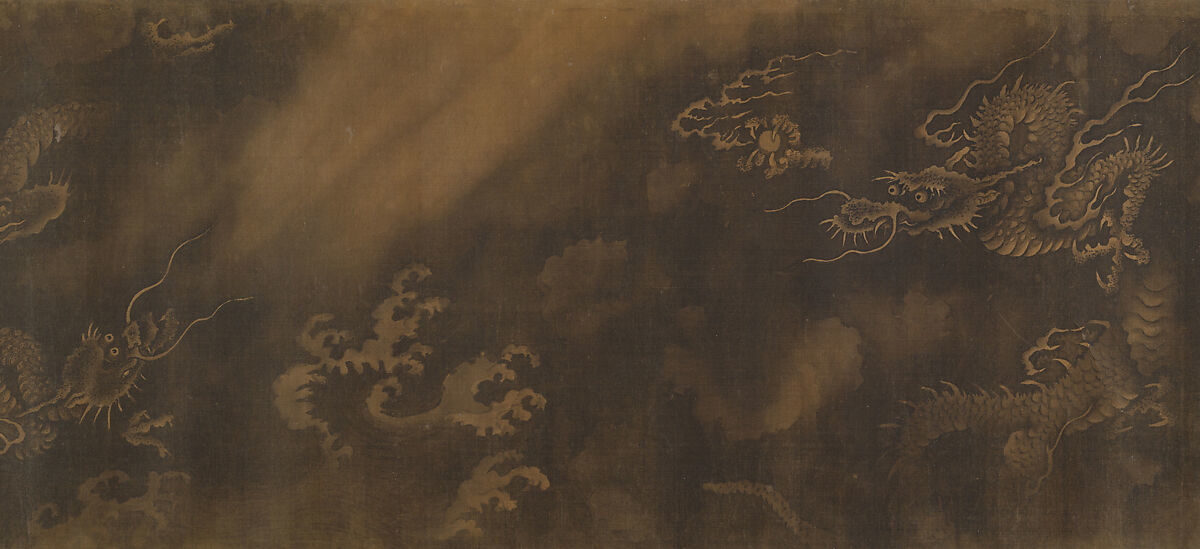
According to Taoism, man is a part of the environment and not above it. The current perception is that people always want to be in control at all costs, including dominating their environment.
Taoism makes us follow the right way of nature and also tells us that we should learn how to follow the right way of nature. It can be seen that this belief runs parallel with the guidelines in modern environmental ethics regarding sustainability and nonintervention with the environment or ecosystem.
The imbalance is brought about when we interfere with nature by overdeveloping the land, disturbing ecosystems, or resources. Taoism recommends otherwise. It proposes a plain life that follows the ways of the earth, taking only what is necessary for one’s survival.
Living a sustainable lifestyle is what is encouraged by Taoist customs. It includes such things as owning fewer things and going with the flow. For centuries, Taoists have built villages designed to fit in with nature instead of dominating it—an approach now being echoed by architects and permaculture enthusiasts.
Today, conservationists want to cut waste, safeguard wildlife, and halt climate change—all ideas that make sense from a Taoist perspective. If we watch how the natural world works (and then work alongside it), this philosophy argues, we will be better placed to live at peace with our planet.
It is not only a concern for authorities. This age-old Chinese custom also nurtures a way of thinking in which those who follow it try to strike a balance between what humans require and what the planet can supply, all the time, making sure they show the right level of respect for their environment.
Taoism in Health and Well-Being: Mind-Body Connection
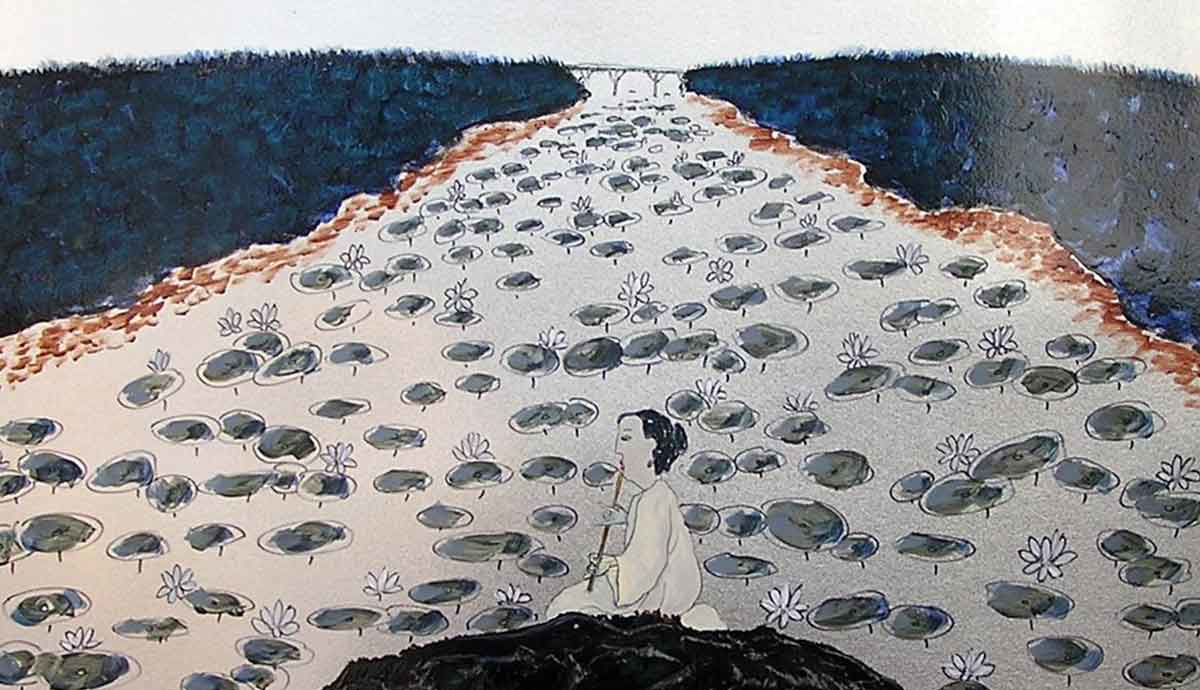
True health, as Taoism teaches us, involves balancing our spirits, minds, and bodies. This tradition doesn’t just want people to ease symptoms. It calls on them to take cues from nature, find ways to reduce stress, and promote inner harmony.
The more we connect with what Taoists call “the way things are,” the more our mental, spiritual, and physical health improves at once. One of the keystones of Taoism is Qi, literally “life energy.” When this flows well, we feel healthy and vital. But stress, poor lifestyle choices, and being overworked can impede the flow, leading to illness.
It’s because of this that Taoists developed Tai Chi and Qigong. Such practices consist of slow, purposeful movements that can relax the mind while also making the body stronger or helping it restore balance. These people say they’re trying to get their chi back in action.
Taoist medicine stresses the use of herbs, diet, and acupuncture not only as a treatment for disease but also for maintaining good health—an approach that mirrors modern attitudes to holistic healing and preventive care.
In addition to benefiting our physical health, Taoism can also be great for the mind. Wu Wei is a fundamental concept of Taoism that suggests we should not stress ourselves out over things we cannot control—when we stop trying to swim against the current (of what happens anyway), we find greater ease.
With practice, this mindset can help us worry less, think more clearly, and become more resilient in the face of life’s challenges.
Living in a world that often feels chaotic, the Taoist tradition would remind someone that their health can benefit from cultivating inner stillness, simplicity, and balance. These things are important not just for bodies but for whole selves (or “being”).
So, What Does Taoism Teach Us?

The guidance of Taoism still has a lot of meaning today because it tells us that we will only find peace and good health if we stop trying to control things and accept the way life goes, just like water in a stream doesn’t try to flow uphill.
Taoist ideas can also help us stay well (physically or mentally) and do things for the world’s good—for example, by living more simply and using less stuff.
In addition to helping individuals, following these principles could lead people to act in such a way that there is enough for everyone while still looking after their environment: being guided by ancient texts may offer answers to some very modern problems!
However, is it possible for these old concepts to change society today? Or have we been away from nature for so long that its methods no longer work for us? Perhaps the key to a more balanced future lies not in chasing progress but in learning how to flow with life itself.
